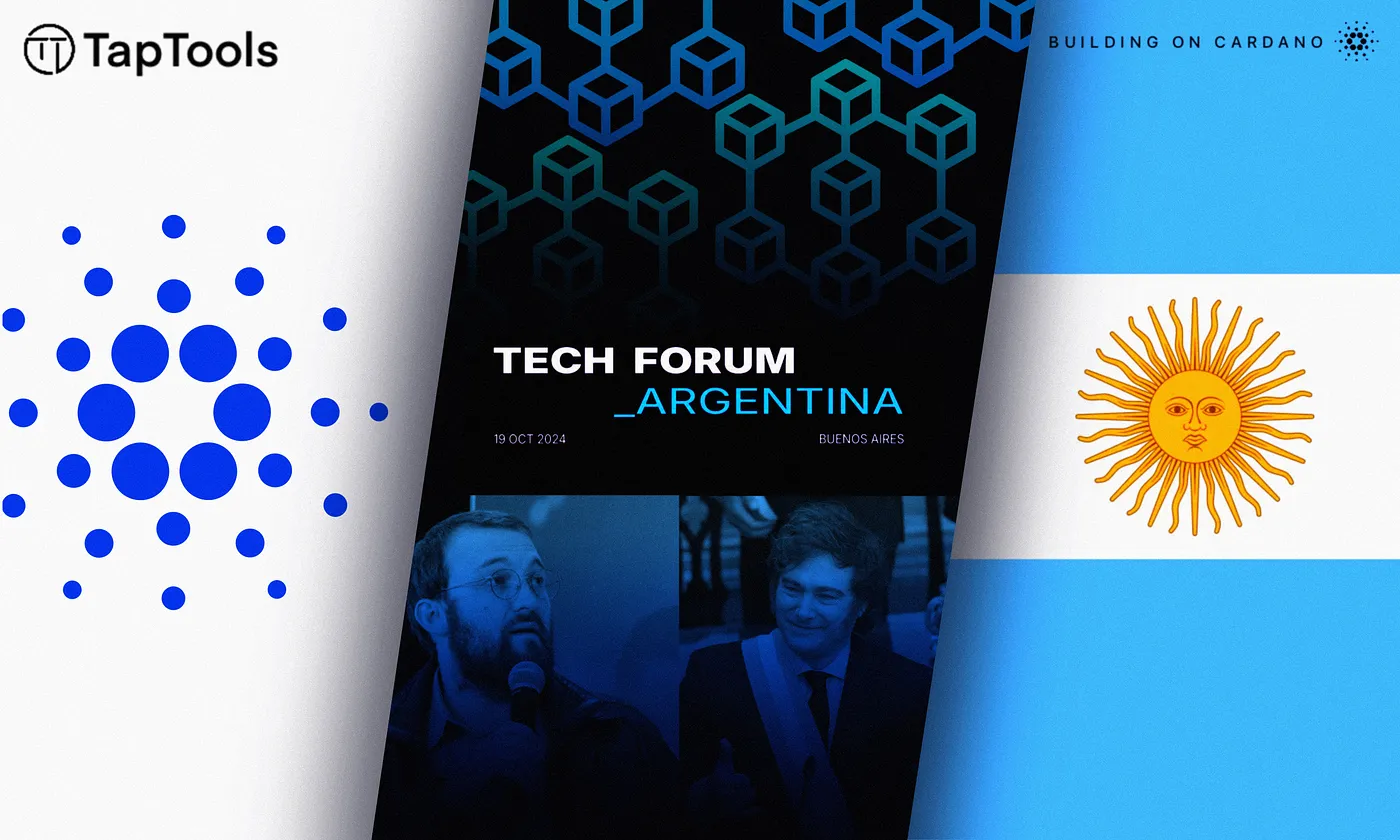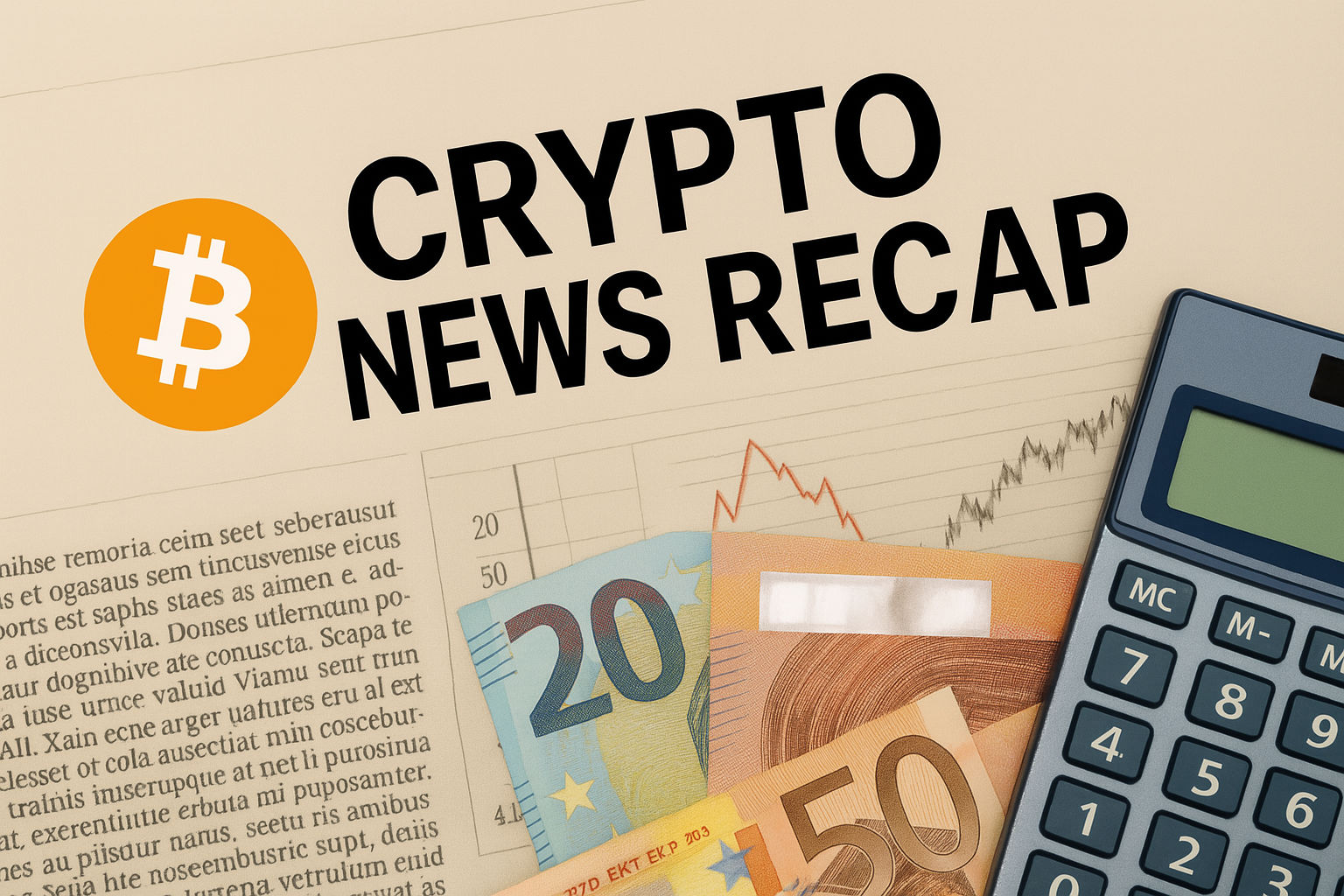What is Cardano?
Cardano is an open platform that seeks to provide economic identity to the billions who lack it by providing decentralized applications to manage identity, value, and governance.

Cardano is an open platform that seeks to provide economic identity to the billions who lack it by providing decentralized applications to manage identity, value, and governance. In this article, we will explore Cardano, a cutting-edge third-generation blockchain platform, delving into its consensus mechanism, roadmap, and more.
What is Cardano?
Cardano is a third-generation blockchain platform designed for scalability, sustainability, and interoperability. Founded by Charles Hoskinson, Jeremy Wood, and Ken Kodama and developed by IOG (Input Output Global), Cardano has been at the forefront of blockchain technology. Emurgo, a founding entity, actively fosters Cardano’s adoption and integration into various industries, while the Cardano Foundation oversees its governance and ecosystem growth.
Cardano’s unique features include a Proof of Stake (PoS) based consensus mechanism, smart contract capabilities, decentralized governance, and a treasury system, all aimed at creating a robust and self-sustaining blockchain ecosystem. Cardano was founded on the pillars of scientific research and a rigorous peer review process, ensuring that its technology is thoroughly vetted and academically sound. The project’s long-term vision is to provide a secure and scalable infrastructure for a wide range of decentralized applications and financial services, with a focus on inclusivity, sustainability, and global impact.
Founding Entities
We will now delve into the founding entities of Cardano — The Cardano Foundation, Input Output Global (IOG), and Emurgo, each of which plays a pivotal role in the development, adoption, and innovation within the Cardano ecosystem.
Cardano Foundation: The Cardano Foundation is a non-profit organization dedicated to promoting and overseeing the development and adoption of the Cardano blockchain. Founded alongside Cardano’s creation, its primary role includes shaping the Cardano ecosystem, advocating for its widespread use, and fostering collaboration between stakeholders. The foundation plays a crucial part in ensuring Cardano’s growth, transparency, and adherence to regulatory standards, thus helping establish it as a robust and sustainable blockchain platform.
Input Output: Input Output Global, formerly known as Input Output Hong Kong (IOHK), is a blockchain research and development company founded by Charles Hoskinson. IOG specializes in the creation and advancement of blockchain technologies, with a primary focus on Cardano. Its mission is to drive innovation and the practical implementation of blockchain solutions, with a strong commitment to open-source development. Through its work, IOG has been instrumental in the ongoing development and evolution of the Cardano blockchain, contributing to its growth and robustness in the blockchain industry.
Emurgo: Established in 2017 by Cardano Co-Founder Ken Kodama, as the official commercial Arm of Cardano. Emurgo actively contributes to the Cardano ecosystem through collaborative partnerships, educational initiatives, and pioneering research and development endeavors. Emurgo also leads efforts to make blockchain technology more accessible and impactful across diverse industries.
ADA
ADA is the native cryptocurrency of Cardano, named after Ada Lovelace, a 19th-century mathematician recognized as the first computer programmer and the daughter of the poet Lord Byron. ADA serves as a digital currency that enables users from anywhere in the world to conduct secure and direct value exchanges without the need for intermediaries. Every ADA transaction is permanently, securely, and transparently recorded on the Cardano blockchain.
ADA has a total supply of 45 Billion, currently 78.73% of these tokens are in circulation. Cardano boasts a market capitalization of 18.29 billion USD, making it the 8th largest cryptocurrency by market capitalization, and 6th when stablecoins are excluded.
ADA holders actively participate in securing the network through the Proof of Stake (PoS) consensus mechanism. By delegating ADA to a stake pool, users can earn rewards and contribute to the network’s decentralization. As Cardano continues to evolve, ADA’s utility expands across various applications and services offered on the Cardano blockchain.
Cardano’s Ouroboros Consensus Mechanism
Cardano’s consensus mechanism, known as Ouroboros, stands as the first provably secure proof-of-stake protocol, marking a groundbreaking innovation in the blockchain space. Ouroboros secures the network and validates transactions using a Proof of Stake (PoS) mechanism, where Stake Pools play a central role in maintaining network integrity. ADA holders participate in the process by delegating their tokens to these pools, thereby amplifying the pool’s staking power and earning staking rewards from their delegated ADA
Ouroboros sets the industry for Proof of Stake (PoS) consensus mechanisms, offering a secure and efficient framework for transaction validation and blockchain integrity. This pioneering approach has not only established Cardano as a leader in blockchain technology but has also inspired other platforms, such as Polkadot. Founded by Dr. Gavin Wood, Polkadot has embraced Ouroboros’ principles in crafting its own consensus mechanism, further testament to Cardano’s influence in shaping industry standards for PoS security and efficiency.”
This success has also extended beyond Cardano, as it served as an inspiration for Polkadot’s consensus mechanism. Polkadot, founded by Gavin Wood, adopted Ouroboros’ principles when designing its own consensus mechanism, highlighting Cardano’s leadership in setting industry standards for PoS-based blockchain security and efficiency.
Cardano Roadmap
Cardano’s roadmap has progressed through different eras, each marked by significant milestones and advancements in its development:
Byron Era: During this phase, Cardano’s mainnet was launched, introducing ADA as its native cryptocurrency. The focus was on establishing core infrastructure, including wallet development and basic functionality, to make Cardano operational and accessible to users.
Shelley Era: The Shelley era represented a major shift toward decentralization and community involvement. It introduced the staking mechanism and delegation of ADA, empowering users to actively participate in the network by staking their tokens or operating stake pools. This era aimed to enhance Cardano’s security, scalability, and sustainability by enabling a more decentralized and robust blockchain.
Goguen Era: This era is characterized by the introduction of smart contract capabilities to Cardano. Smart contracts allow developers to build and deploy decentralized applications (DApps) on the platform, expanding its utility and potential use cases. It emphasizes the integration of smart contracts and increased interoperability with other blockchains.
Basho Era: The Basho era focuses on improving Cardano’s scalability, performance, and overall robustness. It aims to optimize the network for high transaction throughput and enhance its capabilities for handling complex applications and use cases.
Voltaire Era: The Voltaire era introduces a treasury system and a decentralized governance model to Cardano. It empowers ADA holders to participate in decision-making through a voting mechanism, ensuring that the community has a say in the network’s evolution and funding of projects. This era emphasizes the importance of sustainability and self-governance within the Cardano ecosystem.
These eras represent the evolutionary phases of Cardano’s development, from its inception to its current state, with a vision for continued growth and expansion in the future. Each era contributes to Cardano’s goal of becoming a secure, scalable, and self-sustaining blockchain platform with a wide range of applications and community involvement.
You can find out more about Cardano at the following link: https://cardano.org/
Delegate Your Voting Power to FEED DRep in Cardano Governance.
DRep ID: drep12ukt4ctzmtf6l5rj76cddgf3dvuy0lfz7uky08jfvgr9ugaapz4 | We are driven to register as a DRep by our deep dedication to the Cardano ecosystem and our aspiration to take an active role in its development, ensuring that its progress stays true to the principles of decentralization, security, and community empowerment.DELEGATE VOTING POWER!








